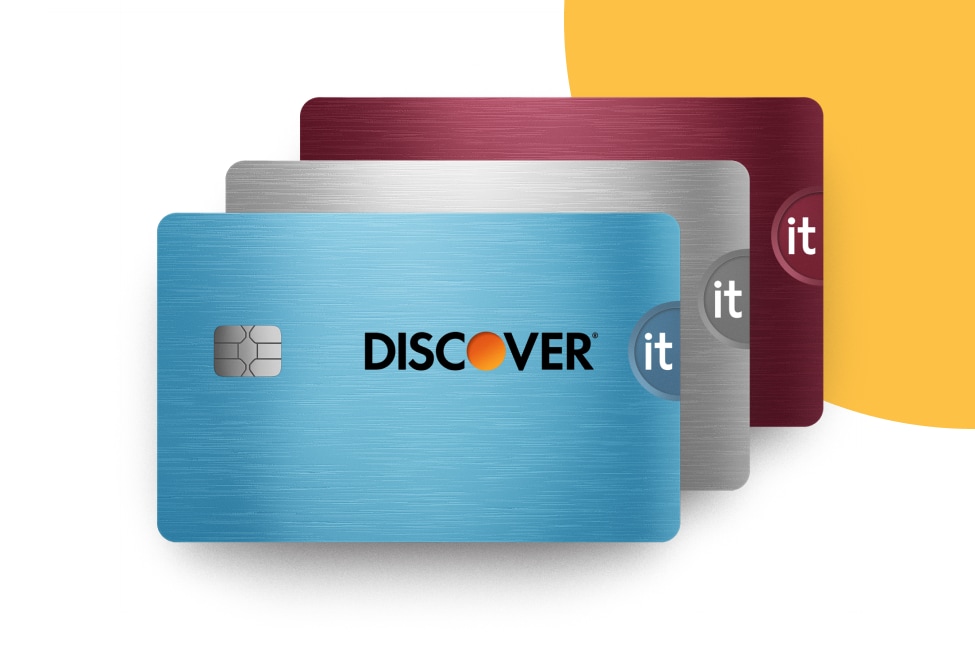
If you borrow money through a fixed rate loan, or other financial product, you may expect to pay the same monthly interest rate on your balance. However, if your borrowing terms include a variable annual percentage rate (APR), you’re likely to see your interest charges fluctuate periodically. Some forms of lending that may have a variable APR include credit cards, personal loans, auto loans, and mortgages.







